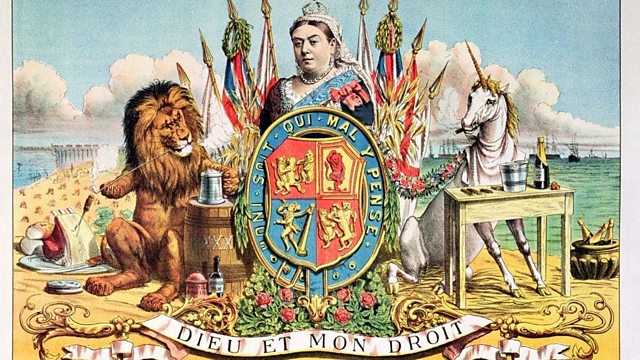
Introduction:
The history of the British Empire is an epic saga that spans centuries and continents, leaving an indelible mark on the world. From the Age of Exploration to the era of decolonization, the British Empire's influence shaped global landscapes, economies, and societies. In this blog post, we embark on a journey through the rise, expansion, and eventual decline of this colossal imperial power.
1. Seeds of Empire: The Age of Exploration:
The seeds of the British Empire were sown during the Age of Exploration in the 16th century. Adventurous voyages led by figures like Sir Walter Raleigh and Sir Francis Drake laid the groundwork for overseas expansion. The establishment of the East India Company in 1600 signaled the formal initiation of Britain's engagement in trade and colonization.
2. Colonization and the Atlantic Slave Trade:
The 17th and 18th centuries witnessed the British Empire's expansion into the Americas, Africa, and the Caribbean. The Thirteen Colonies in North America became a significant economic asset, but this period also marked the dark chapter of the Atlantic slave trade. British colonies became reliant on the labor of enslaved Africans, leaving a lasting impact on the societies of the New World.
3. India: The Crown Jewel of Empire:
The colonization of India, initially pursued by the East India Company, evolved into direct British rule, transforming the subcontinent into the "Jewel in the Crown." The exploitation of India's resources, the imposition of economic policies, and the eventual struggle for independence shaped one of the most intricate chapters in the empire's history.
4. The Victorian Era: Zenith of Imperial Power:
The 19th century, often referred to as the Victorian era, witnessed the British Empire at the height of its territorial expanse. Queen Victoria's reign saw advancements in technology, the expansion of the empire into Africa and Asia, and the assertion of British dominance globally. The construction of the Suez Canal and completion of the Canadian Pacific Railway symbolized the empire's reach.
5. World Wars and the Erosion of Empire:
The cataclysmic events of the 20th century, including the two World Wars, dealt severe blows to the British Empire. The economic strain, combined with the changing geopolitical landscape, hastened the process of decolonization. The aftermath of World War II marked the beginning of the end, as colonies clamored for independence and self-determination.
6. Decolonization and the Unraveling Empire:
The post-war period witnessed a wave of decolonization, as former colonies sought autonomy. India gained independence in 1947, triggering a domino effect across Africa, the Caribbean, and Asia. The Suez Crisis in 1956 further underscored the empire's diminishing influence on the world stage.
7. Legacy and Reflections:
The legacy of the British Empire is both intricate and contentious. While it left behind a global legacy of language, legal systems, and political institutions, it also bequeathed a dark history of exploitation, cultural imposition, and lasting geopolitical conflicts. The legacies of the empire are complex, invoking reflections on the impact of colonialism on both colonizers and the colonized.
Conclusion:
The history of the British Empire is a vast and intricate tapestry, woven with threads of triumphs, tragedies, and transformation. It is a story of exploration, conquest, and the subsequent quest for independence by nations across the globe. Understanding this history is essential for comprehending the complexities of the modern world and the ongoing legacies that persist in the wake of the British Empire's rise and fall.
